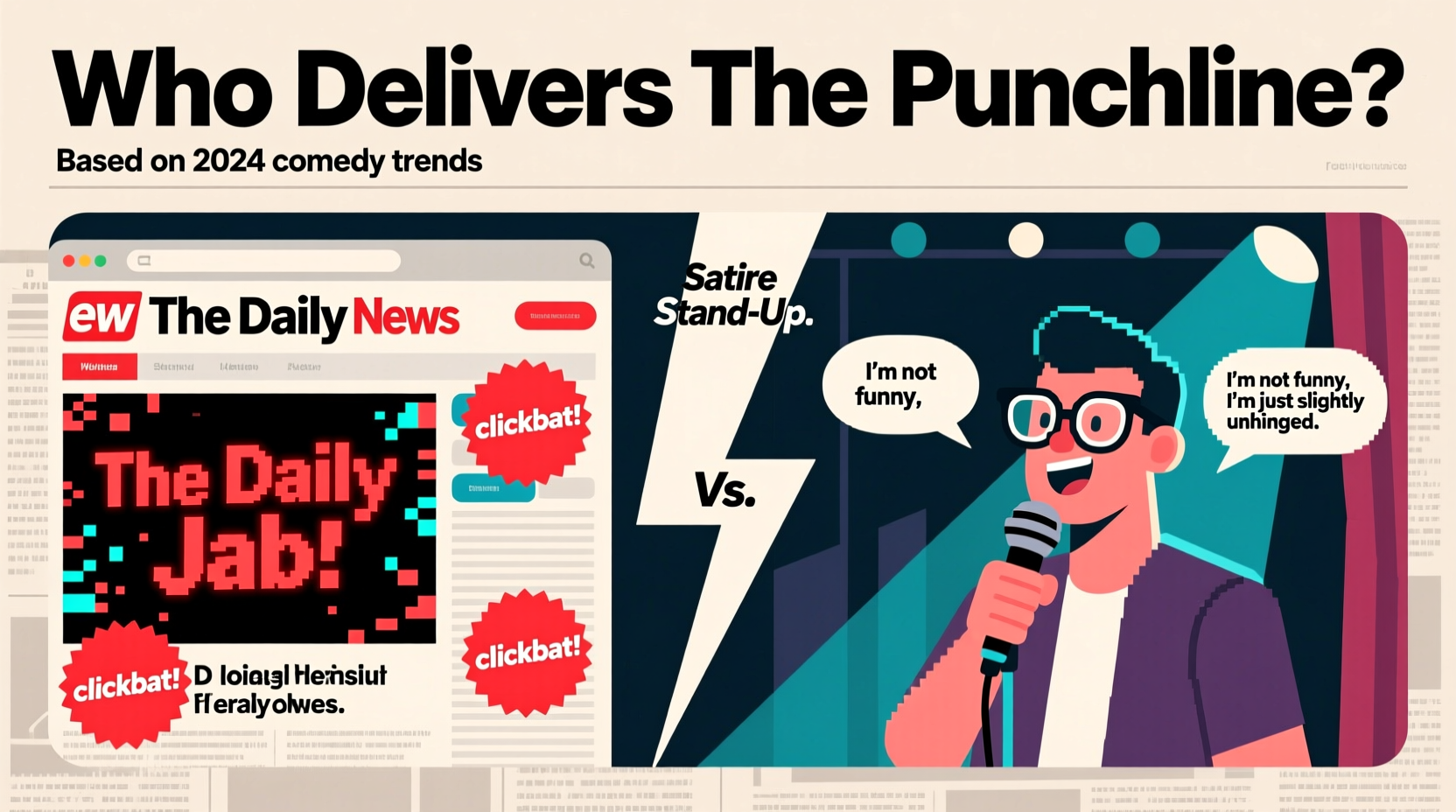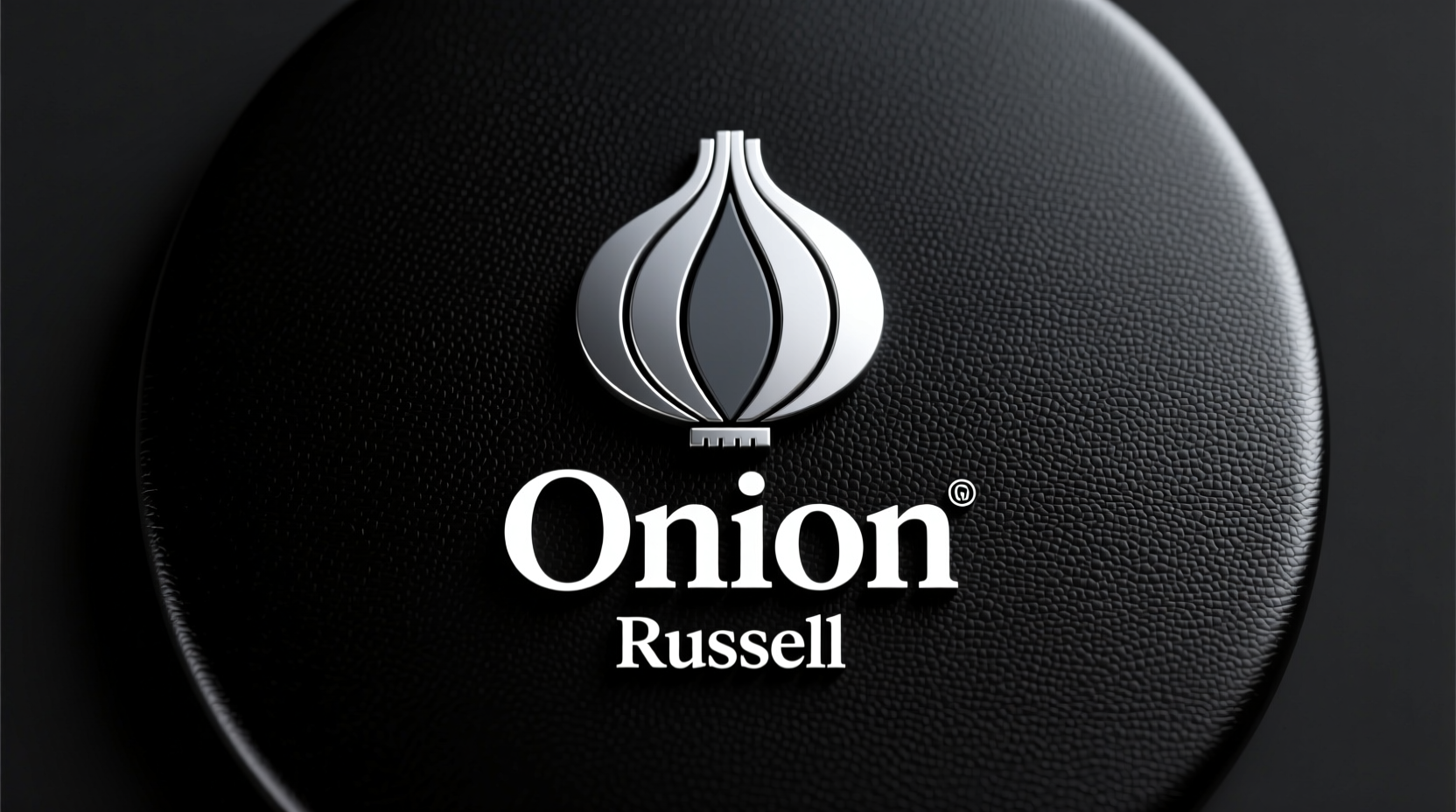Many internet users mistakenly believe Russell Brand has some affiliation with The Onion due to similar-sounding names and both being prominent in media spaces. This article clarifies the facts while exploring why this confusion persists across social media platforms.
Understanding The Onion: A Satirical Institution
Founded in 1988 at the University of Wisconsin-Madison, The Onion established itself as a pioneering force in American satire. The publication developed a distinctive voice that perfectly mimics traditional news reporting while delivering absurd, humorous content. In 2019, G/O Media acquired The Onion after its previous owner, Univision, determined the satirical site didn't align with their news-focused portfolio.
Throughout its history, The Onion has maintained complete editorial separation from celebrity personalities. Their writers operate under pseudonyms or collectively as "The Onion Staff," deliberately avoiding celebrity associations that might compromise their satirical credibility. The publication's official "About" page makes no mention of Russell Brand or any connection to him.
Russell Brand's Independent Media Journey
Russell Brand, the British comedian, actor, and media personality, built his career through stand-up comedy, acting roles, and his own independent media ventures. His professional trajectory includes:
- Early work on BBC Radio 6 Music (2006-2008)
- Hosting "The Russell Brand Show" on BBC Radio 2 (2006-2008)
- Creating his independent media platform "Under The Skin" (2020-present)
- Authoring multiple books including "Recovery: Freedom from Our Addictions"
Brand has never referenced The Onion in his extensive body of work, nor has The Onion ever published content crediting him as a contributor. His media ventures operate completely independently from established satirical news organizations.
| Entity | Founded/Started | Primary Focus | Key Platforms | Connection to Russell Brand |
|---|---|---|---|---|
| The Onion | 1988 | Satirical news reporting | theonion.com, ClickHole, The A.V. Club | No connection whatsoever |
| Russell Brand | Professional debut: 2000s | Comedy, commentary, activism | YouTube, Podcasts, Books, Stand-up | Independent media creator |
Why This Confusion Persists Online
The misconception that Russell Brand works with The Onion likely stems from several factors:
- Name Similarity Confusion: "The Onion" and "Russell Brand" both contain distinctive, memorable names that sometimes get conflated in online discussions
- Shared Media Space: Both operate in commentary-heavy media environments, leading some to assume connections where none exist
- Viral Misinformation: Social media platforms have amplified false claims through algorithmic sharing
- Satirical Content Misinterpretation: Some viewers mistake The Onion's satirical style for the type of commentary Brand produces
A 2023 Pew Research study found that 64% of Americans encounter misinformation weekly, with celebrity-related falsehoods spreading particularly quickly. The Russell Brand/The Onion confusion exemplifies how seemingly plausible but entirely false connections can gain traction online.

Similar Cases of Media Confusion
This isn't an isolated incident. Media history shows several similar cases where public figures get incorrectly associated with publications:
- Stephen Colbert frequently confused with his fictional character from "The Colbert Report"
- John Oliver mistakenly believed to work for The Daily Show (he did host for several years, but this is often misremembered)
- Andy Borowitz, creator of The Borowitz Report, often incorrectly linked to The Onion despite both being satirical news
These examples demonstrate how media consumers sometimes create mental connections between similar content formats, even when no actual professional relationship exists.
How to Verify Media Claims
When encountering potentially misleading information about media connections, follow these verification steps:
- Check primary sources: Visit the official websites of both entities
- Search credible fact-checking organizations like Snopes or PolitiFact
- Look for direct statements from the people or organizations involved
- Examine publication dates to identify outdated or recycled misinformation
- Consider potential motives behind the claim
The FactCheck.org verification guide recommends cross-referencing at least three independent sources before accepting potentially questionable media claims as factual.
Conclusion: Separating Fact from Fiction
The persistent myth connecting Russell Brand to The Onion serves as a valuable case study in how misinformation spreads in digital media environments. While both entities operate in commentary and satire spaces, they maintain completely separate operations with no professional overlap.
Understanding these distinctions helps media consumers develop better critical thinking skills when evaluating online information. As digital literacy becomes increasingly important, recognizing and correcting these misconceptions contributes to a more informed public discourse.











 浙公网安备
33010002000092号
浙公网安备
33010002000092号 浙B2-20120091-4
浙B2-20120091-4